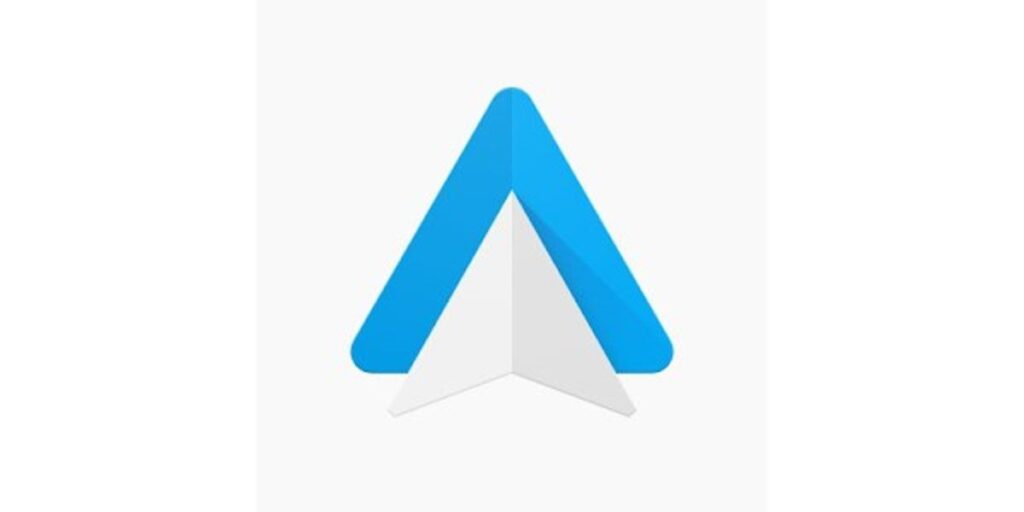Google has been actively updating Android Auto in recent months. While most of these updates focus on system optimization and bug fixes, they’re also laying the groundwork for upcoming features. As part of this transition, Google has raised the minimum system requirement for running Android Auto.

Android Auto allows drivers to seamlessly mirror their smartphone features on their car’s infotainment system — making it easier to navigate with Google Maps, respond to messages, and handle calls hands-free. Until now, the app supported devices running Android 8.0, but that changes with Android Auto 15.5.
With the latest beta release, users running Android 8.0 are no longer able to install the update. This marks the first time since 2022 that Google has increased the Android version requirement for the app. Going forward, Android Auto will require at least Android 9.0 to run newer versions.
Why did Google raise minimum requirements for Android Auto?
Google tends to raise the minimum requirements every few years as part of broader system improvements. However, the latest bump likely relates to new AI-driven features on the horizon. The company has been integrating Gemini, its advanced assistant, into Android Auto to handle tasks like message replies and call management more intelligently — allowing drivers to stay focused on the road. Upcoming additions such as Google Screening and Call Notes may also depend on the newer system architecture available from Android 9.0 onward.
Older versions of Android Auto will still function on Android 8.0 devices, but users who want access to the latest updates and features will need to upgrade their phone’s OS — or consider moving to a newer device altogether, as Android 9.0 launched over seven years ago.
via: SamMobile




